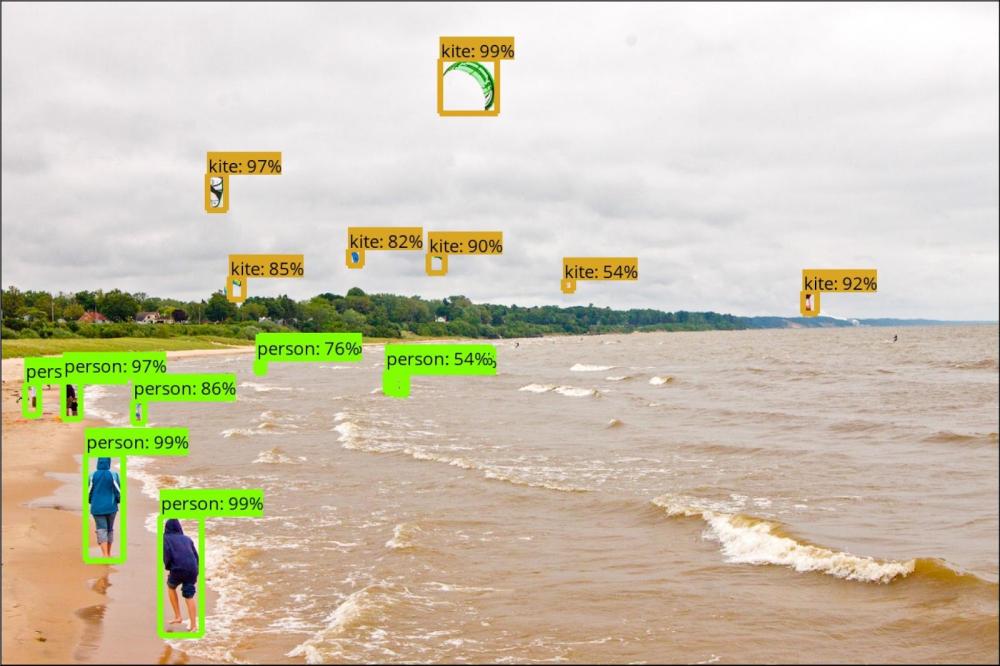The Promises of the Somethings: An Inappropriate/Inappropriable Vision
Nicolas Malevé and Jara Rocha
29.01.2018 – 31.01.2018
FULLY BOOKED
Monday 29, Tuesday 30 January, 3-7 pm; and Wednesday 31 January, 8 pm
Hangar (c/ Emília Coranty, 16. Barcelona)
Free entrance. Limited capacity
Fill in the registration form to book: https://goo.gl/7Gosef
Workshop co-organized by La Virreina Centre de la Imatge, Hamaca and Hangar
Until very recently, computer engineers regarded images as the ‘dark matter of the internet’. Programs were capable of analysing colours, light and shapes, but they struggled to describe the semantic content of photographs and films. For a computer, an image consists of a series of numbers, and translating these numbers into a coherent description is a difficult problem. A number of tasks are involved in transferring human visual skills to machines, called ‘computer vision’. There have been impressive results in this field in the last five years. Machines are making increasing sense of visual content and now perform tasks based on a detailed analysis of images in many contexts. They help doctors to diagnose a range of diseases, they scrutinise the never-ending and insatiable images taken by surveillance cameras and they detect new planets using telescope images. When they help car drivers, they recognise pedestrians and avoid obstacles. To achieve these existing vision techniques, computers learn from humans how to look at images. This means that large numbers of nameless workers describe images for machines. And based on these descriptions, machines gradually produce a model of the world. One version, not another. This description of the visual world for machines is known as ‘annotation’. Annotators spend their days indicating things in images and naming them. Over the two days of this workshop, we will assume the role of these annotators in order to look at images. We will explore what we can learn from images when we describe them for machines, and we will consider the political, economic and aesthetic implications of doing so.
To this end, we will conduct two experiments, one each day:
The first is inspired by the experiment “What do we perceive in a glance of a real-world scene?”, devised in 2017 by Fei-Fei Li in the laboratory of the California Institute of Technology (Caltech) in order to establish a connection between the retina, temporality, the image and words that would serve as the basis for computer vision. During this session, we will see images for less than half a second each and we will explore what we can perceive and say about them when we view them at the speed of the machine.
The second is inspired by the “Chinese room”, a relational situation imagined by the philosopher John Searle between 1980 and 1984, which questions in the manner of a performance the idea of artificial intelligence, creating tension in the binary relationship between machine and human. During this session, we will learn to describe images without seeing them, like a machine.
In both these experiments, we will look at images, and these images will come from the Apología/Antología (Hamaca) audio-visual database. What we see and what we say about these images will serve as the starting point for viewing them in a different way and for suggesting different (perhaps inappropriate) modes of visual description.
The workshop is open to everyone. You do not need to have any prior knowledge of computing, audio-visual culture or narratology. It is recommended that you bring a laptop computer.
29 January from 3.00 to 7.00 pm
Introductions
* Visual algorithms
* What do we perceive in a glance?
* Map of computer vision
* Video as vision machines
* Introduction to the Apología/Antología project
* Introduction to the project website
* Blind annotation exercise
30 January from 3.00 to 7.00 pm
Navigation by features
“Chinese room” exercise 1
“Chinese room” exercise 2
31 January at 8.00 pm
Presentation of the workshop results
Apología/Antología (Nicolas Malevé, Jara Rocha and participants)
Nicolas Malevé is a visual artist, programmer and data activist who lives and works in Brussels and London. He is a member of the Constant collective, a not-for-profit organisation run by artists based in Brussels since 1997 and active in the fields of art, the media and technology. Constant’s artistic practice is interdisciplinary and is inspired by issues such as collaborative work, technological innovation, segmented networks, software infrastructure, data exchange, algorithms, experimental archives, new forms of (re)presentations, alternatives to copyright, (cyber)feminism and Web ethics.
Jara Rocha pursues her research/mediation/educational practice in frameworks such as Possible Bodies, INFRA-, The Darmstadt Delegation and the Bau projects division. She often works with materialities of the present (techno-ecologies, textual logistics and somatic inscriptions) through transfeminisms and everyday free culture, and she shares formal and non formal learning situations with the Euraca seminar, Objetologías and the Relearn Summer School.




